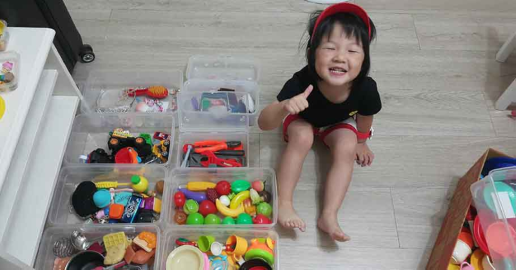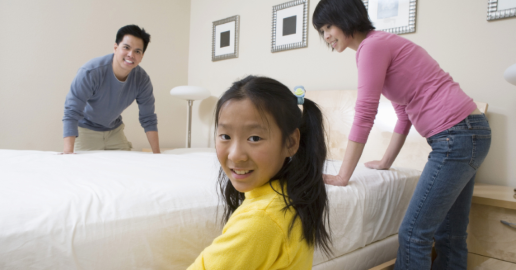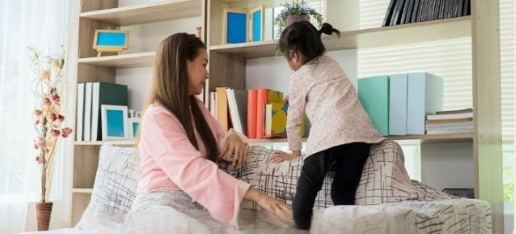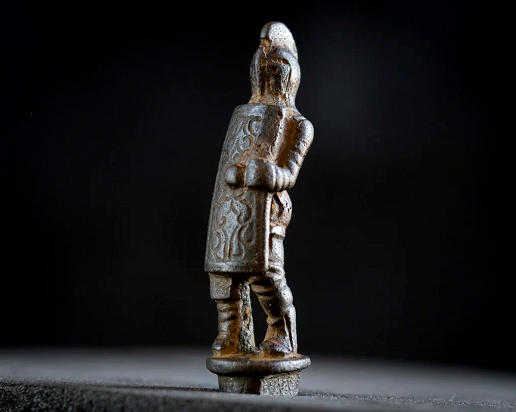Every parent might dream of having a spotless home, but once children come into the picture, this dream often feels like an unattainable mirage. Taiwan’s first in-home organizing consultant, Liao Hsin-Yun, shares that teaching children to tidy up is not just about learning skills—it requires patience and proper methods. With parental guidance and respect, children can also become masters of organization!
Clear Instructions for Better Understanding
Parents often ask their children to "tidy up," but without specific guidance, kids can feel lost. Liao Hsin-Yun suggests giving clear and precise instructions instead of vague commands: "Put the toy cars into the transparent box" or "Return the pencils to the pen holder." This approach enables children to follow steps systematically and experience a sense of accomplishment. Parents Should Give Kids the Lead in Organizing, Allowing Them to Categorize Items Based on Their Own Logic. (Image / Provided by Heho)
Parents Should Give Kids the Lead in Organizing, Allowing Them to Categorize Items Based on Their Own Logic. (Image / Provided by Heho)
Hands-on Practice and Respecting Children’s Logic
Children think differently from adults, and developing their own system of organization can be more effective. Liao recommends allowing children to choose their way of categorizing items, such as by color, shape, or function. Using visual labels to mark storage boxes enhances memory and recognition. Creating these labels themselves not only adds a fun element but also reinforces their understanding.
Let Go of Excess and Embrace Decluttering
When a home is overwhelmed with clutter, it’s time to declutter. Liao suggests a gentle approach: Ask children to pick out items they "don’t want to play with for now" and store them in transparent bags placed out of reach. After some time, these can be swapped with their current toys. This rotation keeps things fresh while preventing an overwhelming accumulation of items.
Additionally, encourage children to choose their top favorite items. For handmade creations, consider taking photos to preserve memories instead of keeping every physical piece, thus avoiding excessive storage.
Respecting Children’s Choices to Avoid Conflict
Sometimes, unintentional criticism from parents can make children resistant to tidying up. For example, if a child no longer wants to keep an expensive toy but the parent complains about wastefulness, it can create tension. Liao advises respecting children’s decisions, as items they no longer like hold no value to them. Avoid making statements like, "You should keep this."
As children grow, their need for privacy and independence increases. Parents should avoid tidying their rooms without permission. Instead, use relatable stories, such as "A messy room might leave a bad impression on your friends," to encourage children to clean up willingly. Parents Should Respect Their Children's Decisions and Reduce "You Should Do It This Way" Criticism. (Image / Provided by Heho)
Parents Should Respect Their Children's Decisions and Reduce "You Should Do It This Way" Criticism. (Image / Provided by Heho)
Parents Should Lead by Example to Prevent Hoarding
Liao emphasizes that parents’ organizational habits greatly influence their children. If a home is consistently cluttered, children may see disorder as normal. Parents should start by decluttering their own belongings, donating or discarding unused items, and making cleanliness a shared family goal.
By working together to create a clutter-free environment, parents and children can improve their quality of life while fostering discipline and organizational skills that will benefit children as they grow.
Source: Future Family







